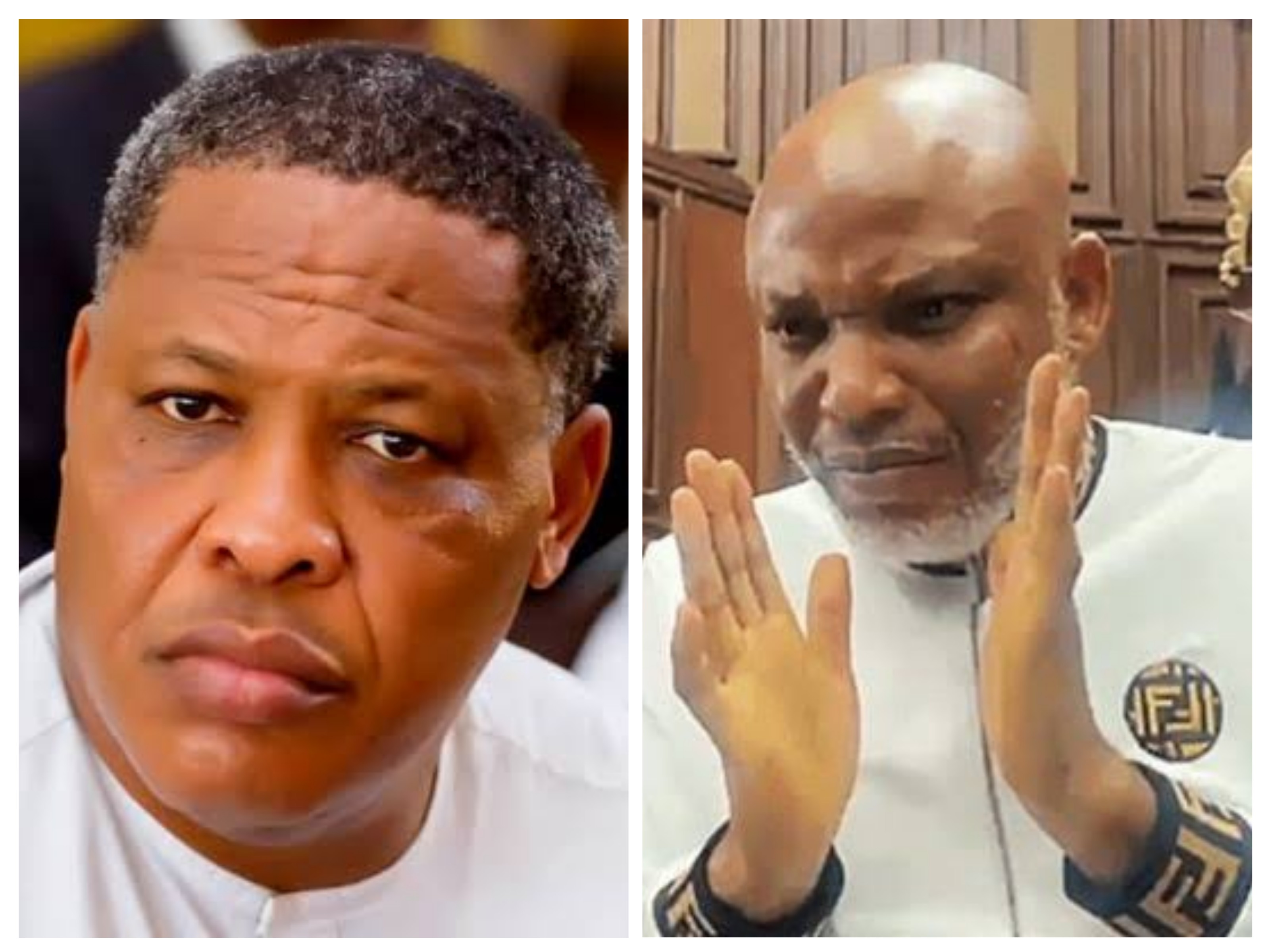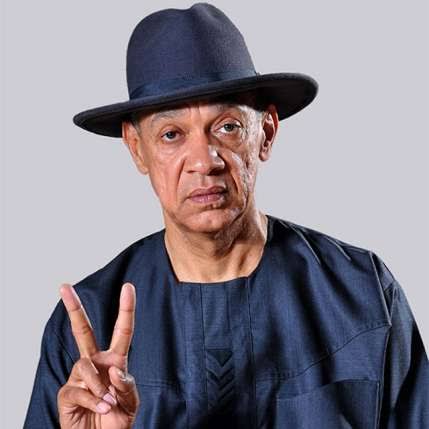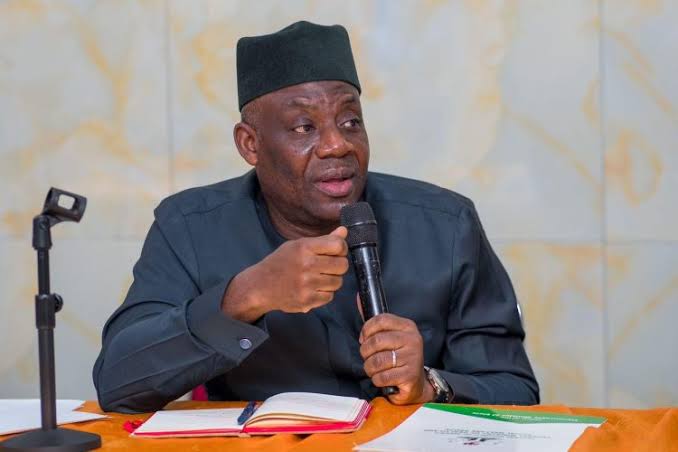Enugu Gov. Peter Mbah Officially Dumps PDP For APC

In a move widely criticized as opportunistic and hypocritical, Enugu State Governor Peter Mbah formally defected from the People’s Democratic Party (PDP) to the All Progressives Congress (APC) on October 14, 2025, during a staged ceremony at the Government House. Mbah, who rode to power in 2023 on the PDP platform promising loyalty and grassroots development, announced the switch in a statewide broadcast and press conference, flanked by his cabinet members, state assembly lawmakers, local government chairmen, councilors, and PDP executives who followed suit in a mass exodus. Critics quickly pointed out the irony, noting Mbah’s past vehement defenses of the PDP as the “only vehicle for Nigeria’s progress,” now discarded for what he called alignment with President Bola Tinubu’s Renewed Hope agenda— a phrase dismissed by opponents as code for personal gain amid Enugu’s lingering infrastructure woes.
The defection unfolded amid fanfare that rang hollow to many observers, with APC flags hastily replacing PDP banners and new membership cards distributed like political handouts. Vice President Kashim Shettima, attending virtually, praised the move as ending the Southeast’s “marginalization,” but detractors saw it as a betrayal of the region’s traditional opposition stance. Mbah justified the jump by claiming it would “amplify Enugu’s voice” in federal allocations and projects, yet skeptics highlighted his administration’s failure to deliver on pre-election pledges like water supply and security, suggesting the switch was timed to secure reelection backing rather than genuine ideological shift. The APC’s prior dissolution of its Enugu chapter and installation of a caretaker committee, led by figures unopposed to Mbah, only fueled accusations of a scripted power grab cleared of internal rivals like former minister Uche Nnaji.
This calculated defection shatters the PDP’s 26-year grip on Enugu since 1999, drawing sharp rebukes from party stalwarts who accused Mbah of ingratitude after the PDP’s national support propelled him past electoral hurdles. Supporters who defected en masse, including assembly members and local executives, were mocked online as “fair-weather politicians,” with social media buzzing over the hypocrisy of abandoning a party that nurtured their careers for the ruling APC’s patronage network. Mbah’s emphasis on “national development goals” was met with eye-rolls, as Enugu residents grapple with unmet promises, viewing the governor’s pivot as prioritizing federal crumbs over state accountability.
As the dust settles on this political theater, the move signals turbulent waters for the 2027 elections, potentially eroding PDP’s Southeast stronghold while bolstering APC’s incursion. However, with little public enthusiasm beyond the Government House echo chamber, Mbah’s gamble risks alienating voters tired of defections driven by self-interest rather than service. Political analysts warn that such hypocrisy could backfire, leaving Enugu’s progress stalled in the crossfire of partisan musical chairs.







